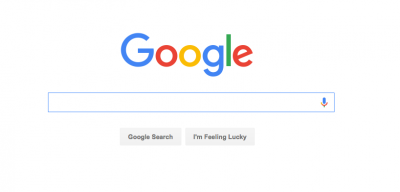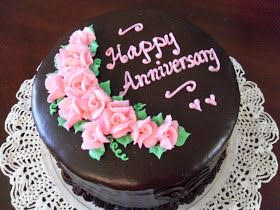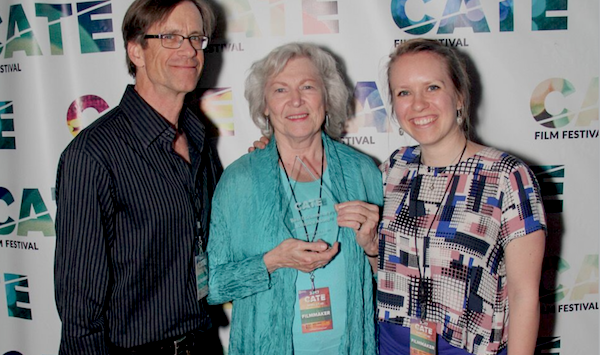Without Google, tracking people down after 25 years would have been difficult or nearly impossible.
In this video, Jennifer Townsend describes her pain-staking efforts, using Google to search and track down the only waitress who replied to her questionnaire.
How hard was it to find people without Google?
Twenty-five years ago people’s lives were largely private. The ‘world, wide, web’ did not exist. If you wanted to find someone and you knew which city they lived in, you could telephone ‘information’ in that town or city and try to get a phone number. But not everyone listed their phone numbers. Some were private. And what if the person didn’t live where you thought they did? What if they moved and your letters were returned as ‘undeliverable?’ What then?
It would have been almost impossible to locate people after nearly a quarter-century if the internet and internet services did not exist as they do today. I don’t mean to imply, by any means, that all it takes is typing a name in a Google search bar. Yes, there are some instances when that can get you to the person you want. But most of the time, it takes much more time, ingenuity, and effort.
What makes it difficult?
People move. They move again and again. They change names. They marry. They divorce. They get cell phones and discontinue landlines. They die. But even with all of these changes in basic locational information, there is one other thing that makes it truly difficult to locate people: many other people have the same name they have. Maybe dozens and dozens of people. Maybe a hundred people. Maybe more.
As an example, I just searched for ‘Robert Harrison’. A search on ‘Whitepages’ turned up 3,603 ‘exact matches’ for Robert Harrison. How about ‘Elizabeth Nelson?’ I came up with 3,211 persons by that name. Hmmm. Where do you go from here?
Fortunately, one of the survey questions asked the person’s age. Without that vital piece of information, the probabilities of finding the people I was looking for would have been severely limited. But, even with it, the road to success was filled with potholes. I did not find a way to filter by age. So this meant scrolling through hundreds and hundreds of lists of names, looking for people of the right age.
Some examples:
Let me give a few examples of other types of Google searches: I was trying to find a waitress. What became of this person? I searched online. I searched the vital records of the city and state she lived in 25 years ago. I searched marriage records, divorce records, death records, property ownership records, even birth records – maybe she had a child. She probably moved to another state, but I never found a person with her name and age in a different state, either. I had to give up on finding her.
One woman who responded to the questionnaire only used her first and middle initials with her last name. The initials were ‘S. E.’ The last name was not uncommon. I searched national databases. But I didn’t know what the S. stood for. It could have been Sarah, Susan, Sharon, Shelly, Sally, Samantha, Sonja and so on. I found a woman in a different city that had the same two initials, was the same age, and had lived (at an earlier time) in the same small west coast city where the woman who had written to me lived 25 years ago . But it was not the one who wrote. I continued to search all over the country and found the person I was looking for in a very small town in Pennsylvania.
In summary:
I could give other examples, but, suffice it to say: without the internet and Google’s search engine, Catching Sight of Thelma & Louise would never have come into existence.


